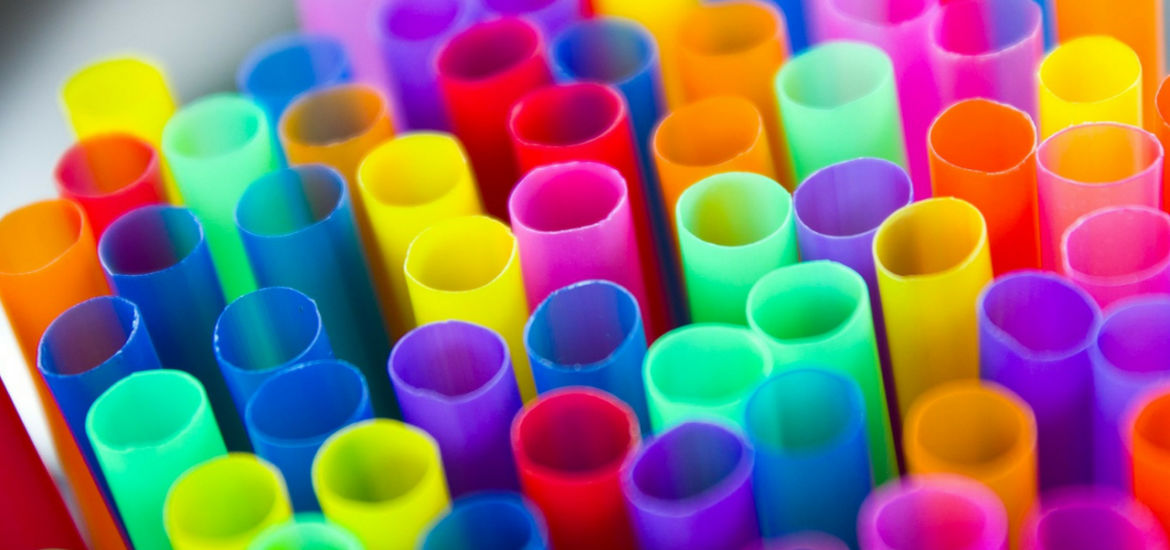Plastic: an overwhelming presence across several industries.
Plastic as we know it today is a human-made material which genuinely revolutionised the manufacturing industry ever since its boom in the mid-19th century. The new material was easy to produce, relatively sturdy, malleable and versatile, not to mention affordable.
It not surprising that plastic became a true staple of modern manufacturing, as it is consistently utilised for a wild variety of different applications and industries.
Fast-forward several decades, and plastic is still as popular as ever. Nonetheless, businesses and consumers are becoming increasingly aware of the downsides of plastic, as the world is now facing serious issues concerning plastic pollutions.
Today, it is estimated that we dump roughly nine million tons of plastic waste into the ocean every year, or to put it in other terms, that is about five grocery bags filled to the brim with plastic leftovers placed neatly on every 1/2 meter of coastline throughout the world.
One of the many reasons why plastic is such a prominent pollution factor is that it is often utilised to create items that are meant to be disregarded and discarded. It appears that over 40% of the world’s plastic is produced for packaging purposes, meaning that it will likely only be used a single time, before being discarded. Recycling is not doing much, unfortunately, since less than one fifth of all global plastic waste goes into the recycling bin.
Plastic is indeed a very overwhelming presence across several industries, including the food industry.
The lifespan of plastic food packaging.
In the UK alone, most food is packaged in plastic containers rather than glass, paper, tin or other material. Manufacturers opt to use plastic because the material has a lightweight and it is less prone to damage and losses. On average, the actual useful life of a plastic package will last about 6 months before being thrown away, but it will take several decades for it to break down and fully degrade in the environment.
Due to the slow process of biodegradation of plastic, recycling this material is becoming an increasingly popular solution to the plastic problem, and although we are still nowhere near any optimal recycling rate, demand for recycled plastics is growing in the UK, as well as in other countries.
Others have been pushing for the use of oxo-degradable plastic packaging, which is very common for grocery shop bags. Manufacturers claim that oxo-degradable plastic can break down faster into residues that are not harmful or dangerous, but there is increasing evidence that oxo-degradable plastics do not live up to the claim. On the other hand, they also contribute to another problem: microplastic pollution.
Plastic waste goes into the environment, where it breaks down into tiny plastic particles, which can end up affecting the ecosystem, and even find their way into your meals since animals such as fish might unknowingly ingest microplastic that’s found in their habitat.
The “Positive PR” incentive.
As mentioned earlier, consumers are becoming increasingly aware of the dangers of plastic, and they are starting to signal their concern by making different choices and supporting businesses who genuinely take action against the plastic issues. Many companies in the food industry are starting to make real changes, and they are not just doing something good for the environment and the country: they also benefit from positive PR, since they are making commendable efforts towards reducing their plastic waste footprint.
Major UK retailers the likes of Tesco are making strides to minimise their use of the most harmful plastic compounds. As of 2015, the retail giant stopped using oxo-degradable plastics, while many European countries, including France, have banned it completely.
Iceland is now introducing their new ‘trust mark’ that shows shoppers which food packaging has no hidden plastic in it. The label will be prominently displayed on food and drink products, making it easier for consumers to choose greener alternatives. The supermarket chain have also announced they will be free of single-use plastic packaging by 2023.
The UK government also stepped in: starting from the 5th of October, 2015, all large grocery shops in England, Scotland, Wales and Northern Ireland need to charge 5p for each single-use plastic carrier bag (including biodegradable bags). The fee is meant to encourage people to reuse bags, as well as avoiding excessive waste.
The reasoning is simple: people will be less inclined to use a plastic bag if there is a charge, meaning less plastic bags circulating. In turn, less plastic bags leads to less waste and pollution.
Conclusion.
Food businesses are entering into a time of unprecedented change when it comes to how they think about the development of packaging for our products. Thanks to mainstream media with shows like Blue Planet Two, we can see how severe the effect plastic is having on our environment, especially the oceans.
Alternatives might be part of a long-term solution but in the meantime, global plastic production continues to swell, reaching 322m tons in 2015 – a large chunk of which will be single-use and is therefore likely to end up in landfills or the sea if recycling rates don’t improve.
For now, general awareness of how we all use plastic in our lives needs to be at the forefront of our decision making. Only then we will truly start to recognise a change.
We would love to hear your thoughts. What initiatives do you think should be implemented in the fight against plastic?
If you liked this article, please remember to share.
Gareth Llewellyn
References:
http://www.wrap.org.uk/content/plastic-manufacturing
https://www.foodnavigator.com/Article/2017/11/14/How-the-food-sector-is-fighting-plastic-waste
https://news.nationalgeographic.com/2018/05/plastics-facts-infographics-ocean-pollution/
https://www.gov.uk/government/publications/single-use-plastic-carrier-bags-why-were-introducing-the-charge/carrier-bags-why-theres-a-5p-charge
https://www.globalcitizen.org/en/content/tesco-5p-plastic-bags-10p-bags-for-life/

